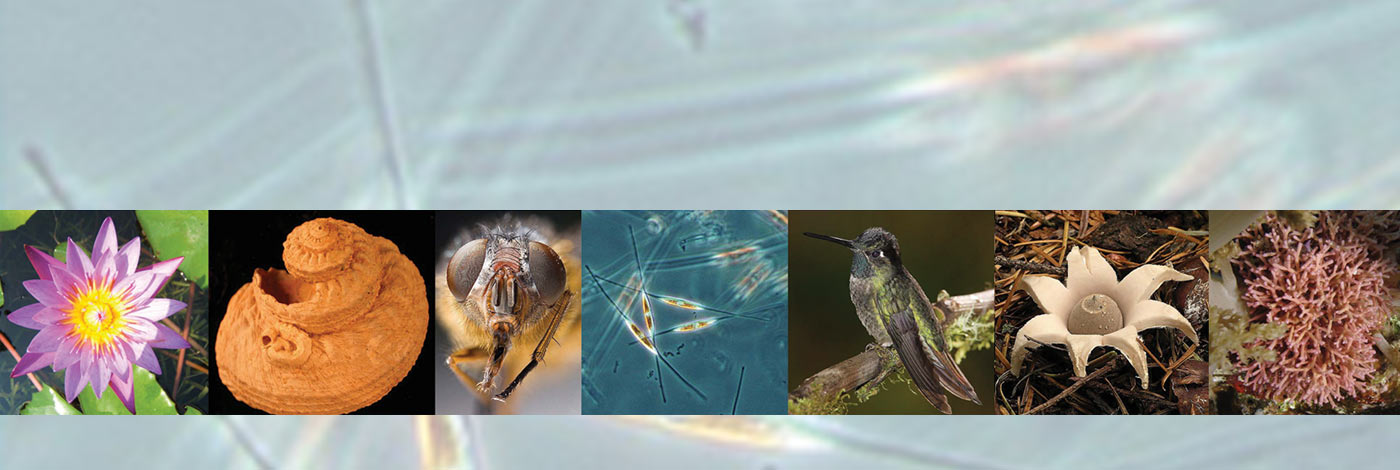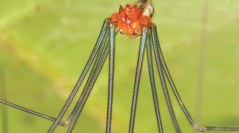

 European Journal of Taxonomy
2015 (162) - Pages 1-78 (EJT-162)
European Journal of Taxonomy
2015 (162) - Pages 1-78 (EJT-162)The previously poorly known Southeast Asian spider genus Aetana Huber, 2005 is revised. Fifteen species are newly described, and the first SEM data and a first phylogenetic analysis of the genus are presented. Four species groups are well supported, one restricted to Borneo, two restricted to the Philippines, and one ranging from the Philippines to Fiji. The cladistic analysis and field observations suggest that the ancestor of Aetana built its web close to the ground, in confined spaces among and under rocks and logs. In at least two cases, evolutionary shifts of microhabitat resulted in species being adapted to life in higher forest strata, with correlated morphological and behavioral changes (lighter coloration; longer abdomen; additional sheet in web or more strongly domed web). The following species are newly described: A. abadae Huber, sp. nov., A. baganihan Huber, sp. nov., A. banahaw Huber, sp. nov., A. kiukoki Huber, sp. nov., A. libjo Huber, sp. nov., A. loboc Huber, sp. nov., A. lozadae Huber, sp. nov., A. manansalai Huber, sp. nov., A. ocampoi Huber, sp. nov., A. paragua Huber, sp. nov. and A. pasambai Huber, sp. nov. from the Philippines; A. gaya Huber, sp. nov., A. indah Huber, sp. nov., A. lambir Huber, sp. nov. and A. poring Huber, sp. nov. from northern Borneo. The female of A. kinabalu Huber, 2005 is newly described. A potential case of female genital dimorphism is documented in A. ocampoi Huber, sp. nov.
Pholcidae, Aetana, Southeast Asia, cladistic analysis, microhabitat shift.